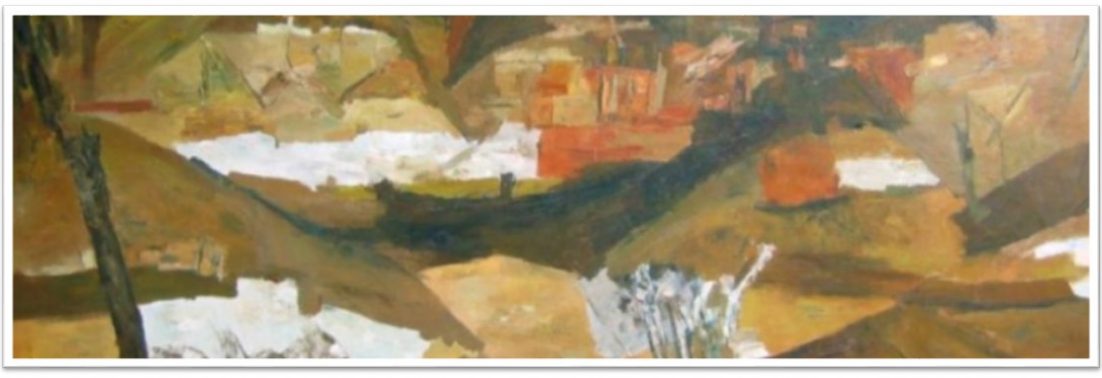Judge Mahesh Chand Sharma’s pronouncement on sacred cows and the sex life of peacocks are a new low in the land of gau rakshaks.
Business Standard, June 3 2017
Justice Mahesh Chandra Sharma of the Rajasthan High Court isn’t the only one to extol the many virtues of the sacred cow including its ability to exhale oxygen, and of its dung to eradicate cholera, and so on. Many years ago a debate erupted in the letters column of the venerable Kolkata-based The Statesman, home to some of the most colourful verbal wars in the newspaper world. The issue at hand was whether cow’s urine was used by miniature painters in Mughal ateliers to produce the rich yellow pigment that adorned their art. Among the letter-writing warriors engaged in battle was the respected poet-publisher P Lal of Writer’s Workshop. As the dispute wore on, one pithily insolent missive went unpublished. “Dear P Lal,” it reportedly read, “Do you pee laal?”
In this land of sages the number of cranks is equally unlimited. The greater wonder seizing the nation is that constitutional courts can pronounce freely, madly, deeply on matters of personal choice — for example, why filmgoers should stand up for the national anthem — but also of national choice. Thus, Justice Sharma wants the cow to replace the tiger as the national animal, perhaps because of the tiger’s shrinking habitat and imperilled numbers; but given the press of population and reduced farm landholdings, the numbers of cattle in the agricultural economy is also declining. The day may not be far when godhuli, the magic evening hour when the cows come home in a dust haze, will only exist in the prose of Munshi Premchand.
Justice Sharma’s fantasies of fauna, backed by hopelessly spurious research, also extend to the celibacy of peacocks and their link to Lord Krishna — the playful butter thief and serial seducer with a questionable habit of plucking peacock feathers to embellish his mor mukut. It’s difficult to argue with a judge who wants a life sentence to be imposed on cow slaughter because, other than being in the national interest, he’s instructed by “the voice of my soul”.
The idea of elevating the holy cow to an ever-holier status has long been around. Among its impassioned proponents was the late tycoon Seth Ramkrishna Dalmia who routinely used his media empire to promote the Anti-Cow Slaughter League; he vowed not to touch cereals, wheat or rice, till his dying day at the age of 85, until a ban on cow slaughter was imposed. He loathed Nehru and his brand of liberal secularism; as a pointed affront he even bought the departing Jinnah’s palatial Delhi home in 1947.
In Narendra Modi’s India, the ringing cries for a return to the beef ban is part of resurgent Hindu nationalism, a narrow north Indian mindset that is communal and casteist. In many parts of India, including Tamil Nadu and Kerala, beef is the choice of Muslims and Christians, and also Dalits. That’s why DMK leaders such as M K Stalin and Kanimozhi, eyes fastened on vote banks, are heading the agitation against the ban. And also why the Madras High Court finds the idea indigestible.
In the quest for a pan-Hindu nationalism the demand for a blanket ban on culling cows is aimed at precipitating a north-south regional divide. We’ve been here before, in the mid-1960s, when riots engulfed Tamil Nadu after attempts to foist Hindi as the official language, killing many students.
That tumultuous decade, in the aftermath of the India-China war, was when it became mandatory to play the national anthem in cinemas — indeed, after every end-of-the-day All India Radio broadcast. A friend who worked as an AIR announcer thought he would be sacked for forgetting to do so one night but was saved by a kind duty officer who reported that the tape had got stuck.
For every crank judge and sadhu running amok there are, mercifully, plenty of powerful voices that draw inspiration from ancient Indian scripture. At a memorial for Justice Leila Seth this week, the hall was filled far beyond capacity with not only legal and literary luminaries but hundreds of people from all walks of life. In a moving evening of memories and music, her life as the first woman to top the Bar exam in its history, also the first woman chief justice of a high court, she was upheld for her legal acumen and her values of compassion, tolerance and humanism. A fervent champion against capital punishment, she once said, “Who am I to take another’s life? Am I God?”
Aptly, the evening began with a recitation of the Nasadiya Sukta, a famous hymn from the Rig Veda, in English and Sanskrit, by her novelist son Vikram Seth and the musician Justin McCarthy. The essence of its verses centre on the uncertainty of all creation and enshrine the spirit of doubt:
He who surveys it all from highest heaven,
He knows — or maybe even he does not know.
The blind certitude of judges such as Mahesh Chandra Sharma and those of his ilk are the rants of delusional cranks.

June 3, 2017 at 2:51 pm
Unlike South Indians northeners have given up idol worship and bhajan singing because they are hopeless at sculpture and are so tone-deaf that they can’t sing to save their souls. So all that is left is the mother cow. And to top it all they are constructing a Shiv temple dedicated to Sri Rama’s birthplace!